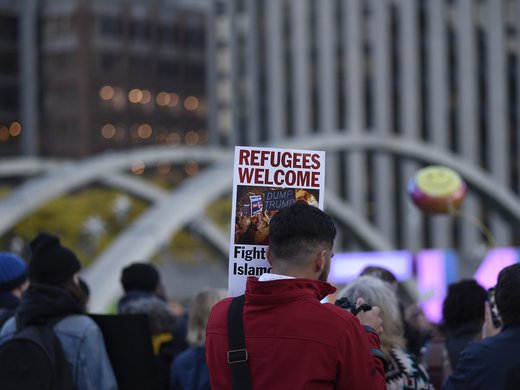As the Friends of Syria meet in Morocco to offer more words of support to the Syrian revolution to overthrow the Assad government, the reality is we are no closer to a change in rhetoric than we were many months ago. The U.S. government recognition of the new Syrian National Coalition will do little to change realities on the ground.
More than 40,000 Syrians have been killed, often more than 100 people a day, and we can only estimate the number of injured is in the 100,000s. There are half a million people who have fled the country, or 3,000 people a day, with millions of others trapped and internally displaced. With the majority of the Syrian population being children, the future of Syria is increasingly homeless or feeling hopeless. Syria is being destroyed, one beautiful city after another, right before our eyes. There are fewer homes for Syrian refugees to return to, with each passing day.
So you can understand the callous-sounding and yet sincere question that I'm often asked by Syrians—how many Syrians must die for the world to act?
To make matters worse, Syrians ask why is chemical weapons a red line for the international community? What about the death of 40,000 people, do they not count? Why is there a rush to declare Islamist rebels as terrorist organizations, but Assad's army has yet to be given this designation?
As a political analyst there are plausible geostrategic amd political reasons to explain all of the above. Yet all of these excuses are just as callous-sounding as the question.
The sad truth is that many more Syrians will die and the international community, including us analysts, will find plenty of reasons to justify inaction. None of these reasons will comfort Syrains who remain perplexed by why the world ignores their plight, day after day.


